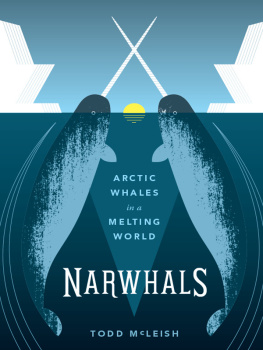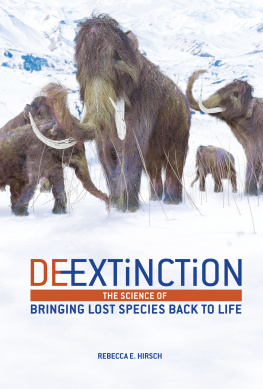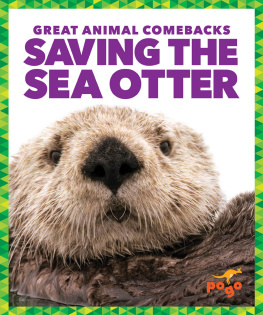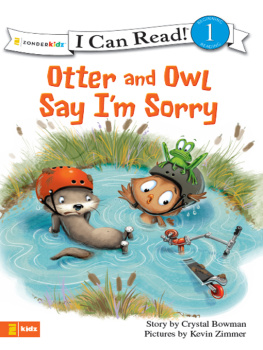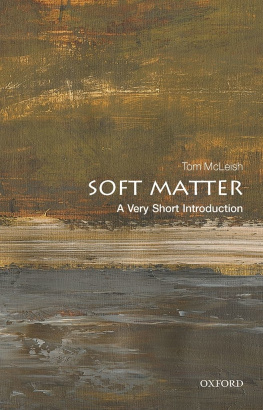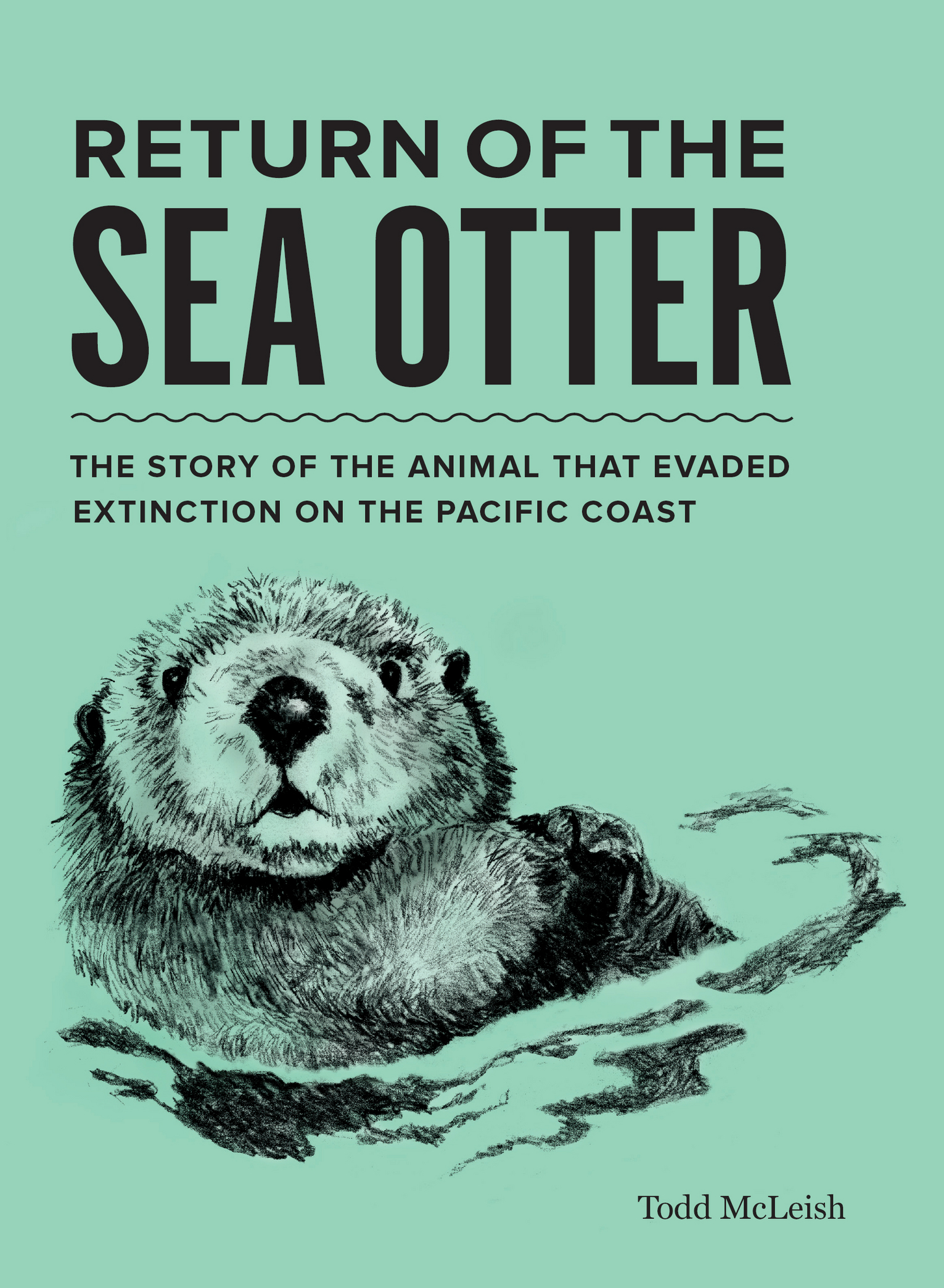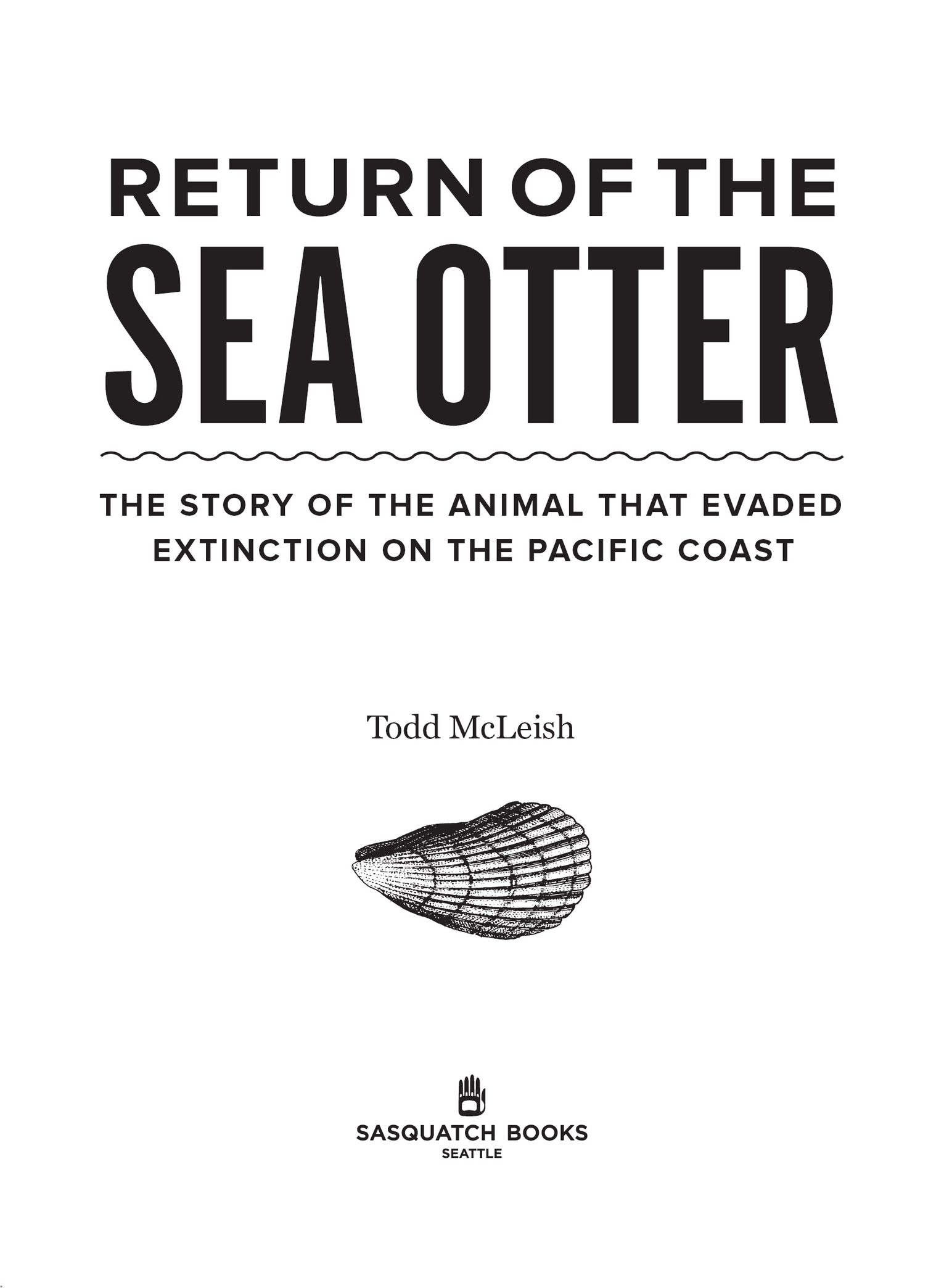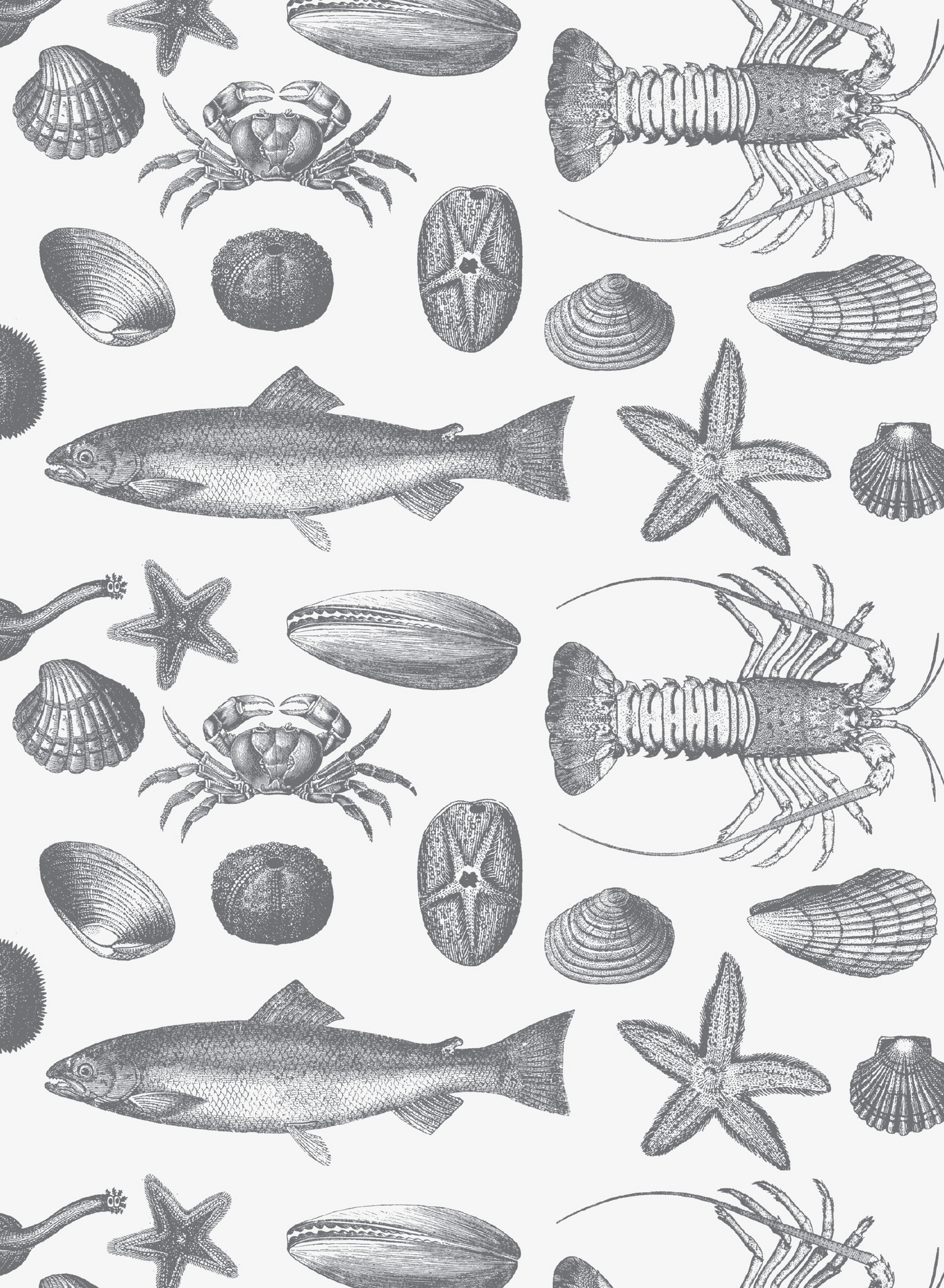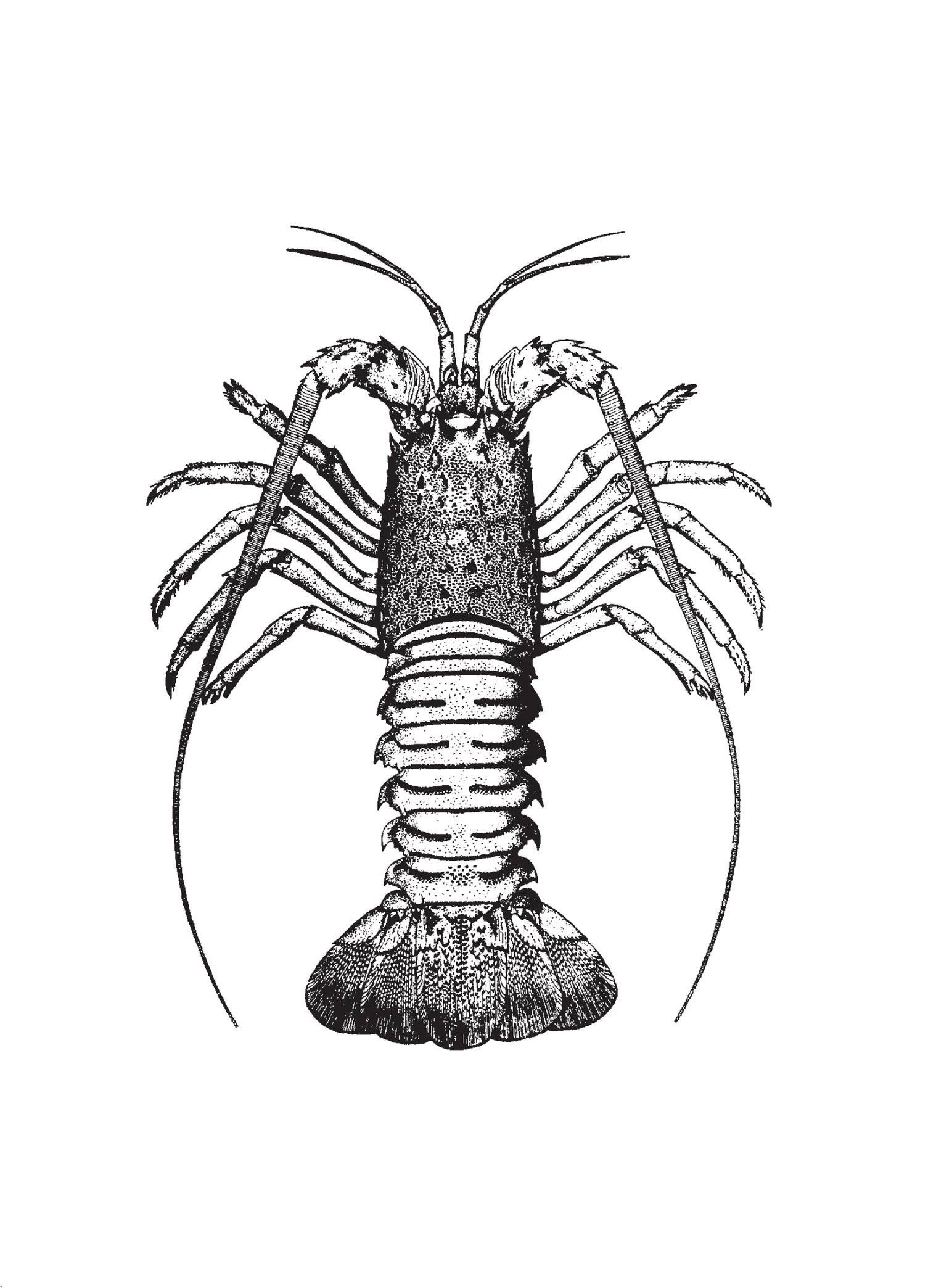Contents
Copyright 2018 by Todd McLeish
All rights reserved. No portion of this book may be reproduced or utilized in any form, or by any electronic, mechanical, or other means, without the prior written permission of the publisher.
Published by Sasquatch Books
Editor: Gary Luke
Production editor: Bridget Sweet
Design: Bryce de Flamand
Copyeditor: Kirsten Colton
Front cover illustration: Donna McKenzie
Interior photographs: Michael Yang, Michael L. Baird, Sean Crane, Kim Steinhardt, Ken Conger, Renay McLeish, and Patrick J. Endres/AlaskaPhotoGraphics.com
Interior and back cover illustrations: iStock.com | nicoolay Seafood Illustrations,
iStock.com | bauhaus1000 Seashell and Sea Life Engraving
Library of Congress Cataloging-in-Publication Data
Names: McLeish, Todd, author.
Title: Return of the sea otter : the story of the animal that evaded extinction on the Pacific Coast / Todd McLeish.
Description: Seattle, WA : Sasquatch Books, [2018] | Includes bibliographical references and index.
Identifiers: LCCN 2017041436 | ISBN 9781632171375 (paperback : alk. paper)
Subjects: LCSH: Sea otterConservationPacific Coast (North America)
Classification: LCC QL737.C25 M36 2018 | DDC 333.95/976950979dc23
LC record available at https://lccn.loc.gov/2017041436
ISBN9781632171375
Ebook ISBN9781632171382
Sasquatch Books
1904 Third Avenue, Suite 710
Seattle, WA 98101 | (206) 467-4300
www.sasquatchbooks.com
v5.2
a
For Renay, yet again
Contents
Introduction
KARL MAYER is adamant that sea otters are not cutenot the tiny fluff balls in their first days and weeks of life, not the chocolate-covered juveniles, not the grizzled adults. We should take his opinion seriously, as he has been rescuing and rehabilitating sea otter pups and adults for more than twenty years at the Monterey Bay Aquarium, including spending many years as a wet suitattired surrogate mother teaching them to find food in the wild. So he should know what hes talking about. As a result of his work, Mayer has been bitten and scarred numerous times by the sometimes vicious sea otters, which is probably the main factor in his unpopular opinion.
But he is wrong. Judging by the oohs and aahs and coos and sighs I hear at the very mention of the words sea otter, the animals are the definition of cute. In fact, cute may be an understatement. Even the fishermen whose livelihoods are jeopardized by the recolonization of sea otters admit that their nemesis rates at the top of the cuteness scale, and probably always will. Dozens of online videos of sea otters holding hands, pups resting on their floating mothers, otters wrapped in kelp, and otters pounding open shellfish with rocks on their belliesviewed by tens of millions of adoring fanswill ensure their reputation for cuteness in perpetuity.
In my three years of studying sea otters, interviewing scientists, and observing otters in the wild in preparation for writing this book, I made a conscious effort to avoid the C word so as to maintain my credibility with the experts and remain as unbiased as possible about the conflicts otters cause and the wrath they sometimes incur. But I failed miserably. I accidentally let slip the words cute and adorable too many times to count in aquarium settings, at research facilities, and while tracking the animals in the wild. I couldnt help myself. Despite Mayers assertion, otters are cuter than the proverbial button. And Im happy to admit it. I dont know whether its their furry bodies and whiskered faces, their humanlike grooming skills, their use of their belly as a picnic table, or their delightful childcare strategies that have earned them the moniker the champions of cuteits more likely a combination of all of those traits, but Im not about to disagree with the sentiment of the majority.
The cuteness of sea otters and the ease with which they can be viewed in central California, southern Alaska, and dozens of aquariums worldwide make them immensely popular among a broad audience. The market for sea otter T-shirts, mugs, charms, and trinkets, not to mention sea otterbased ecotourism, is huge, and they are one of the primary drivers of the economy in and around Monterey, California. It doesnt hurt that more than two dozen childrens books have been published about sea otters in the last twenty years, creating multiple generations of sea otter fans far beyond their limited range along the North Pacific coastline.
Their cuteness aside, however, sea otters are remarkable creatures who exert a dramatic positive influence on the health of at least two very different marine ecosystems, and their unique physiology and tool use make them stand out among the worlds marine mammals. Yet the otter has also faced centuries of murderous persecution for its lustrous fur coat, which became the foundation of an immensely profitable trade with China that quickly led to the animals extirpation throughout most of its range and to its near extinction at the beginning of the twentieth century. Otters remain controversial in many places, especially in Southeast Alaska, as they recolonize more and more of their former range and deplete a variety of marine invertebrates that had built to unnaturally high populations in their absence. Commercial fisheries had become established for some of those abundant invertebrates, like sea urchins, sea cucumbers, and several species of crabs, but the sea otters return often reduces the commercial harvest of these invertebrates to unviable levels. The otters are also unfairly blamed for invertebrate declines more appropriately attributed to overfishing and other causes. The increasing numbers of sea otters in some regions have fueled calls for lethal controland even a bounty by one legislator in Alaskato restore invertebrate populations to their prior unnatural levels. But over time the animals tend to win over most people, and in most places the establishment of a growing wildlife-watching industry soon far surpasses the economic value of the fisheries. Yet the animals remain disliked by a small but vocal segment of the human population that refuses to acknowledge the value in their appeal. For those individuals, the cuteness of sea otters will never trump their perceived deficiencies.
I was drawn to sea otters during numerous wildlife-watching vacations to California and Alaska in my thirties and forties. I distinctly remember my conversion from birder to sea otter aficionado during a trip in the late 1990s to Morro Bay, California, a three-hour drive north of Los Angeles. The bays epicenter is Morro Rock, a massive geologic pinnacle my bird guides indicated was an ideal site for observing canyon wrens, white-throated swifts, and nesting peregrine falcons. While we found our target species and got especially good looks at the falcons, it was a group of about fifteen sea otters in a cove leading to the rock that was most memorable. The animals appeared unafraid of people as they lounged on their backs close to the roadway, within easy viewing and photography range. The photos my wife, Renay, and I shot that day remain among the best wildlife photos we have ever taken. And there was no doubt in either of our minds that those animals were adorable. Whenever we recall that trip, its the otters that remain most distinct in our memories.


